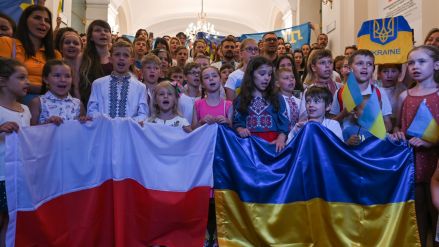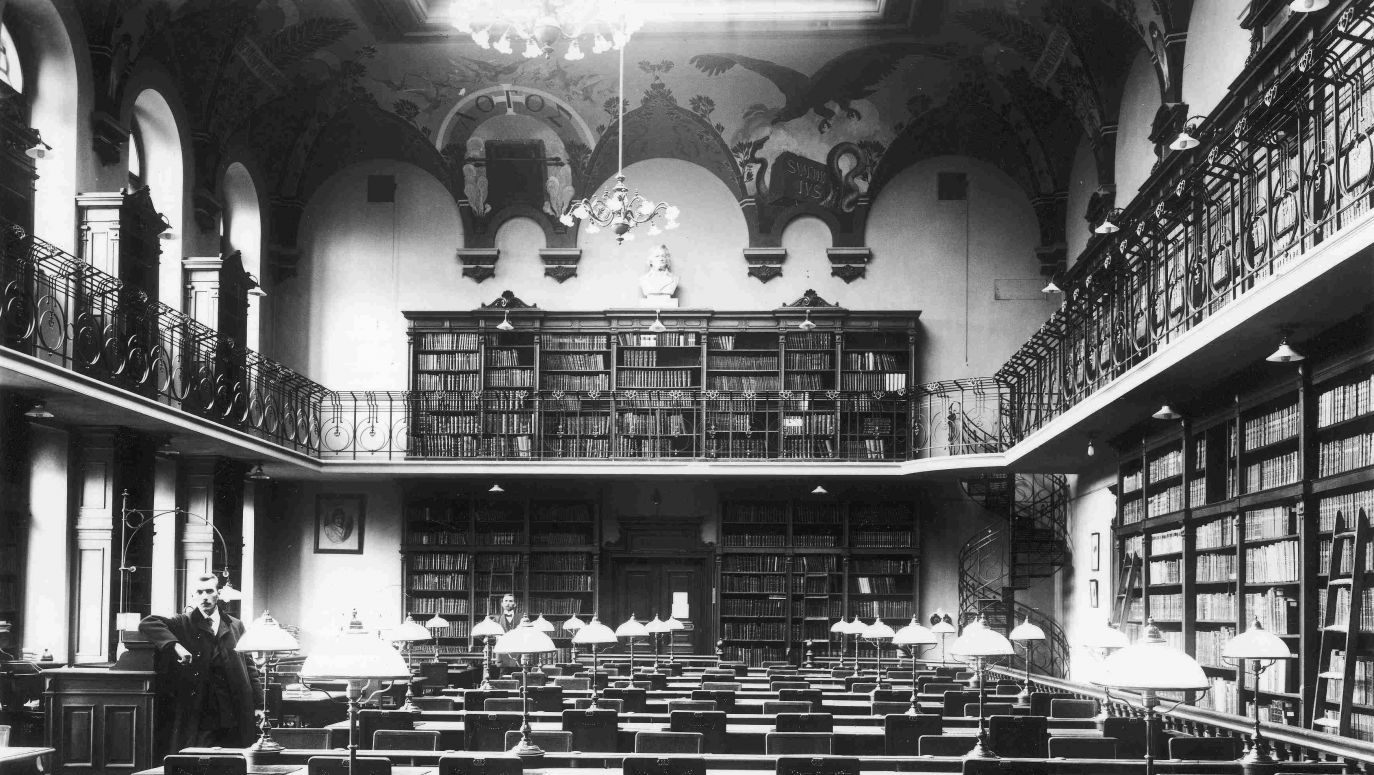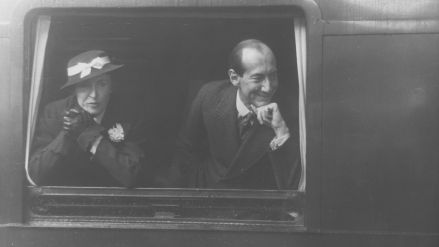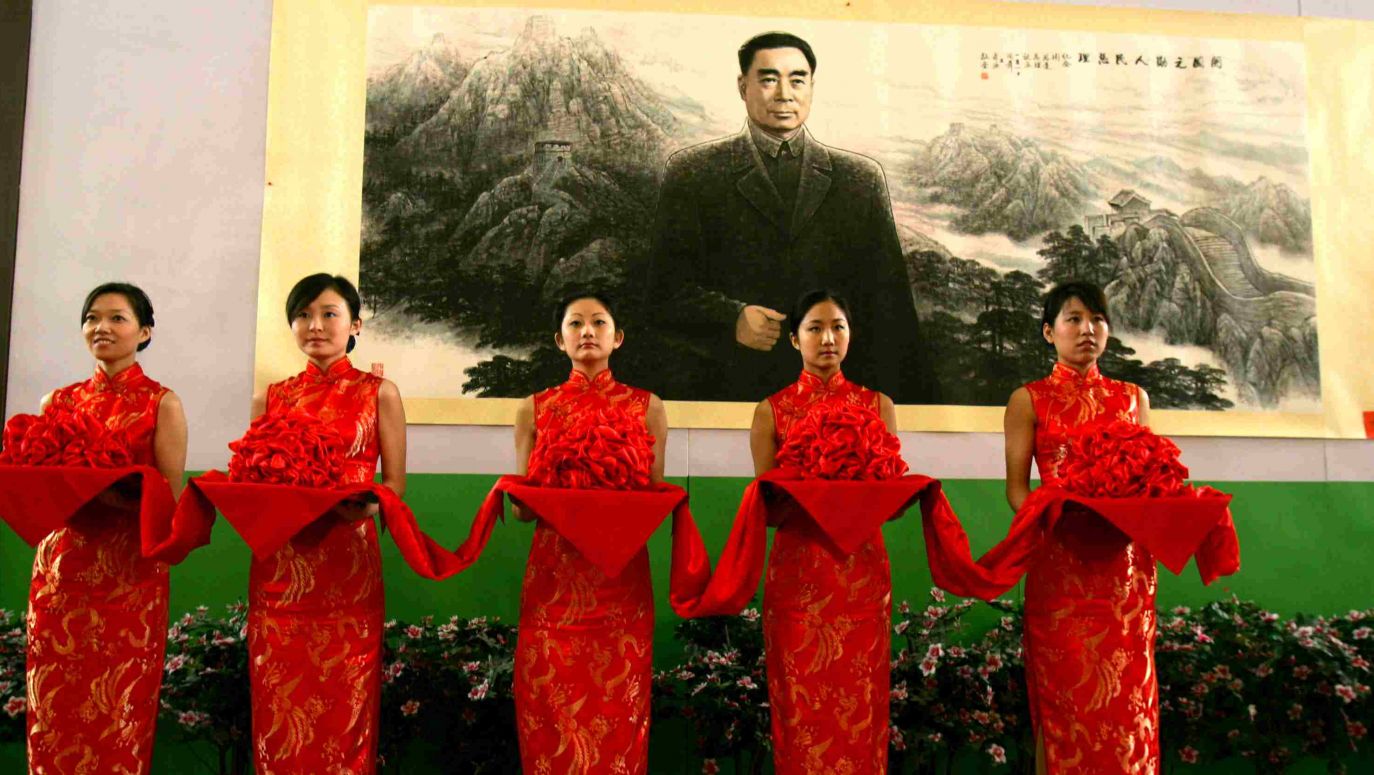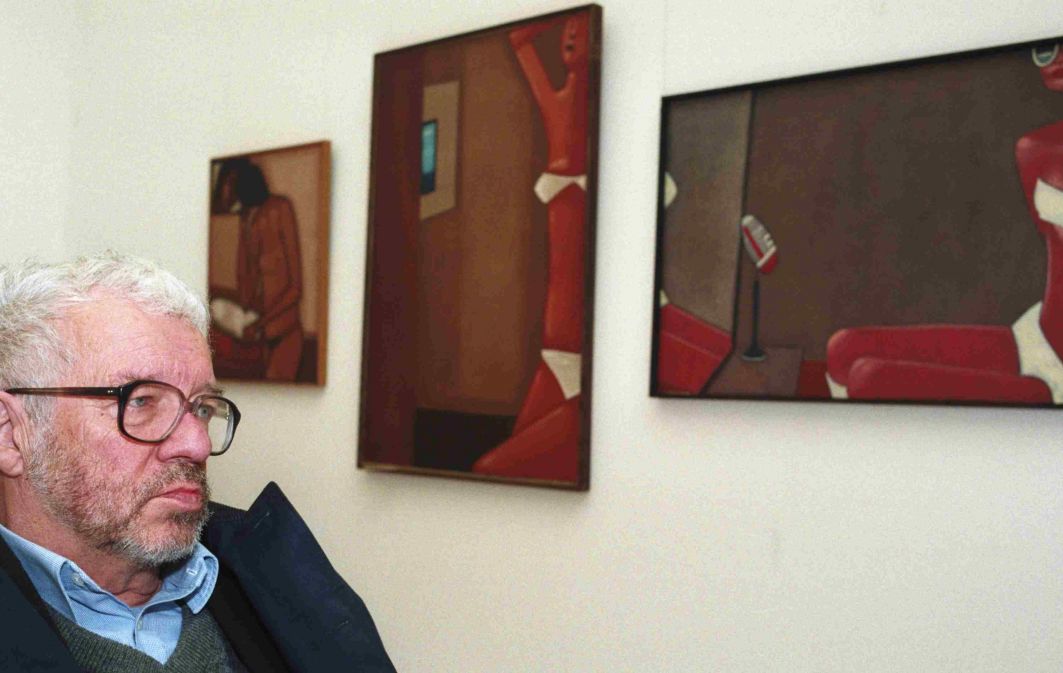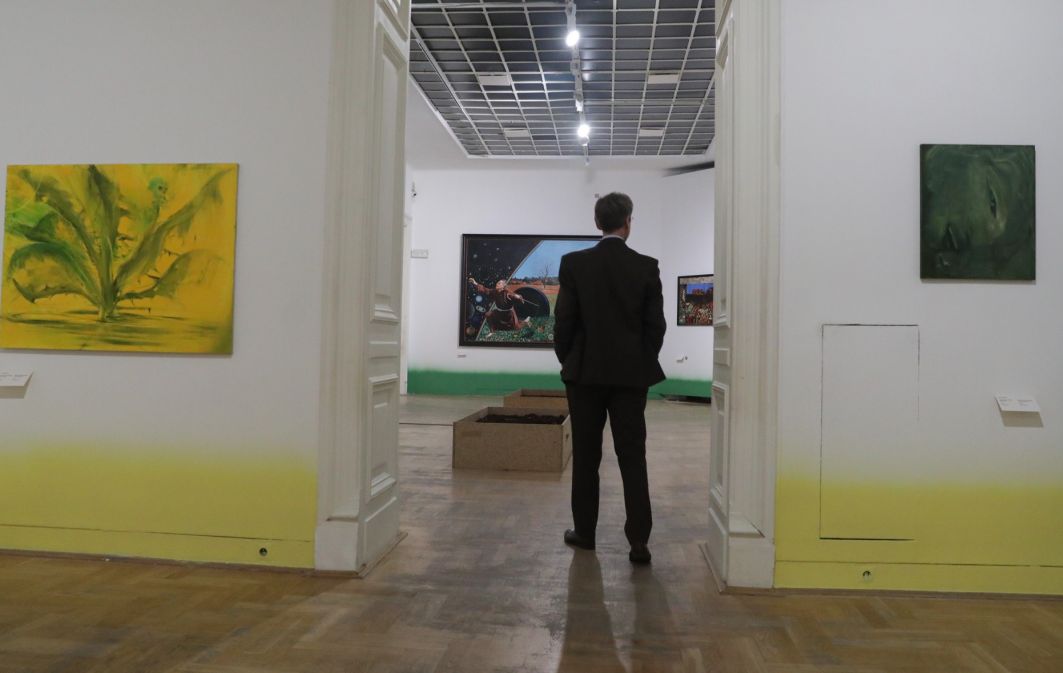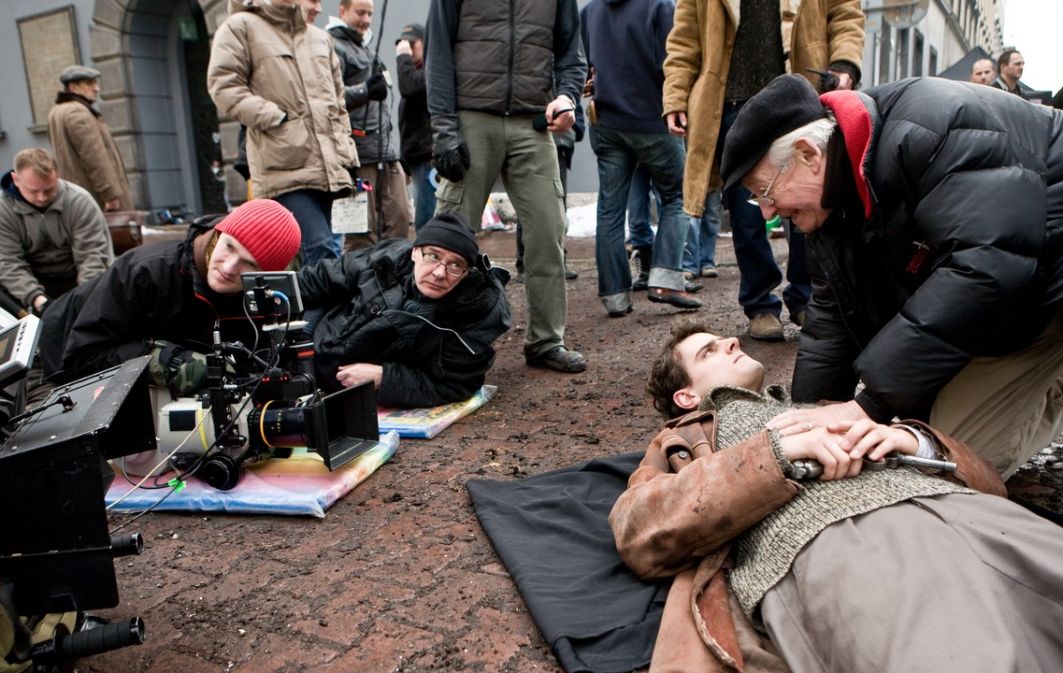In 1921, Tamara Lempicka painted a rather little-known portrait of a young man, “Le chinois”. It is an atypical work for the
ouvre of a Polish painter: instead of the alabaster smoothness of her shoulders and breasts, it features bold brushstrokes, sharp features, a bright colour scheme that is almost Fauvist in origin, and sharp facial features.
It is not known who posed for her portrait. However, it bears a striking resemblance to the young Zhou Enlai. One of the most prominent politicians of 20th-century China, Mao's right-hand man, who at the same time sometimes distanced himself from the follies of Maoism.
Young Zhou, above average in talent, ended up in France to study at the end of 1920. There, he lived from hand to mouth, with cops hot on his heels – not only was he a newcomer of a foreign race, he was a communist! He did not retain good memories of France, and sometimes made this known.
At the same time – he was anti-shambling in the world of the Parisian bohemians, eager for all kinds of exoticism (including political) – and his meeting with Lempicka, then at the height of his fame, is at least as likely as Kant's pamphlet resting in an antiquarian bookshop warehouse for 122 years.
As Mao's right-hand man, Zhou was heavily involved in the fight against what he saw as Moscow's imperialism: hence his support for Poland in 1956, but also a series of discreet moves to weaken Moscow's position in Asia and Africa, and as head of PRC diplomacy he had plenty of opportunities to do so. Modern China, of course, prides itself on Zhou – although the memory of his poor years in Paris, his high savoir-faire, his sympathies for liberalism and his growing distance from Mao is troublesome for them.
The original of Lempicka's painting is currently in the depository of the Musée d'art moderne André Malraux in Le Havre. However, perhaps it would be possible to arrange its purchase through the Hatchuel antiquarian bookshop?
– Wojciech Stanisławski
TVP WEEKLY. Editorial team and journalists
– Translated by jz 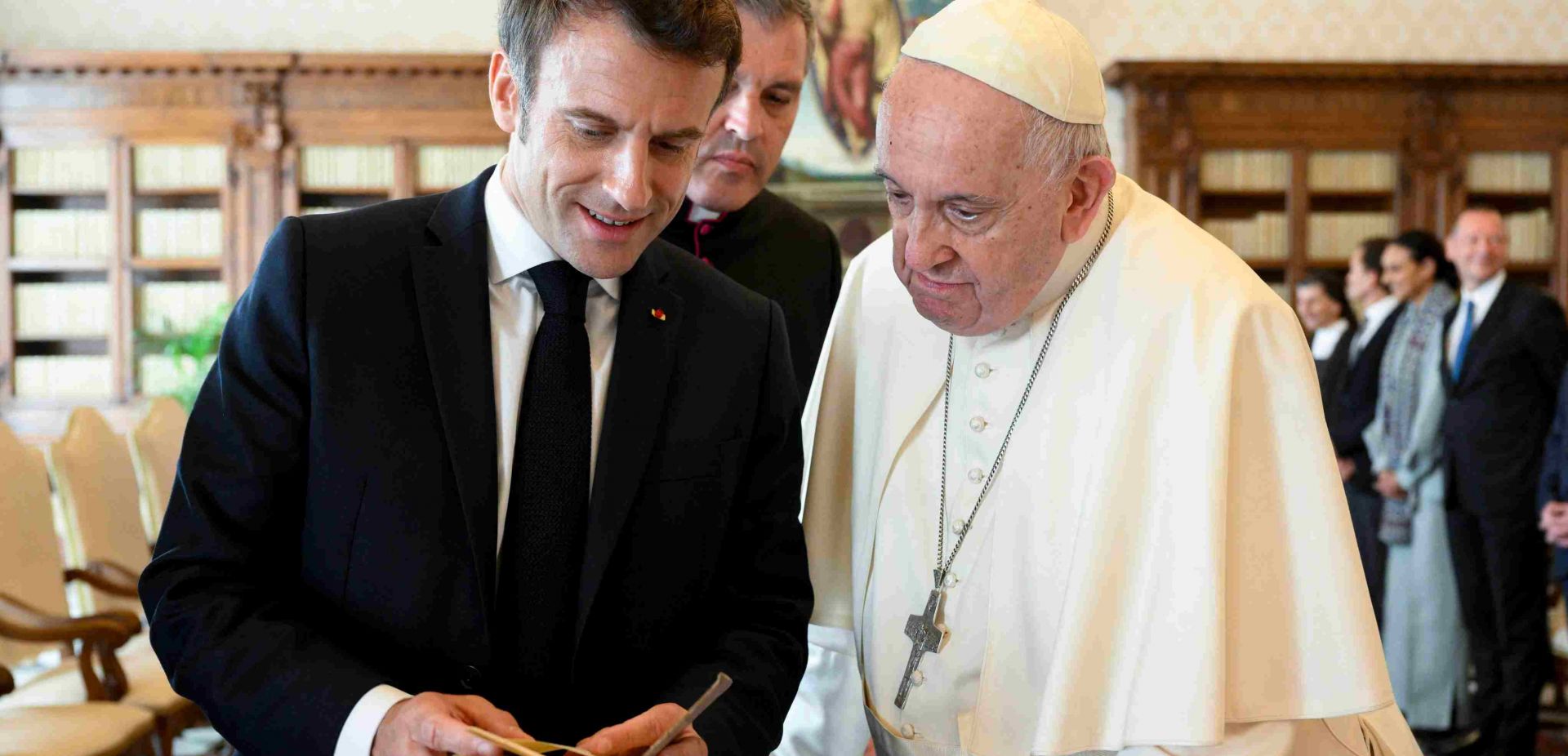
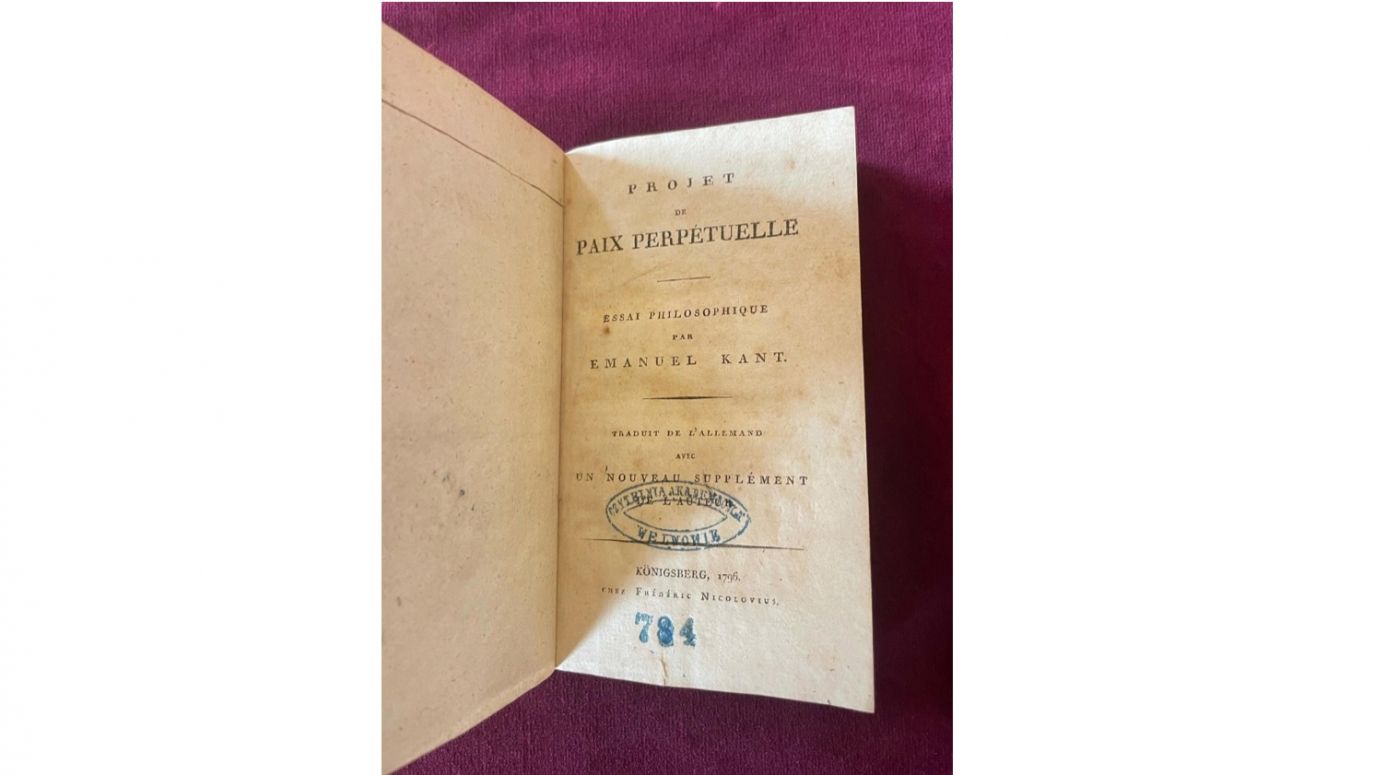
 SIGN UP TO OUR PAGE
SIGN UP TO OUR PAGE 
